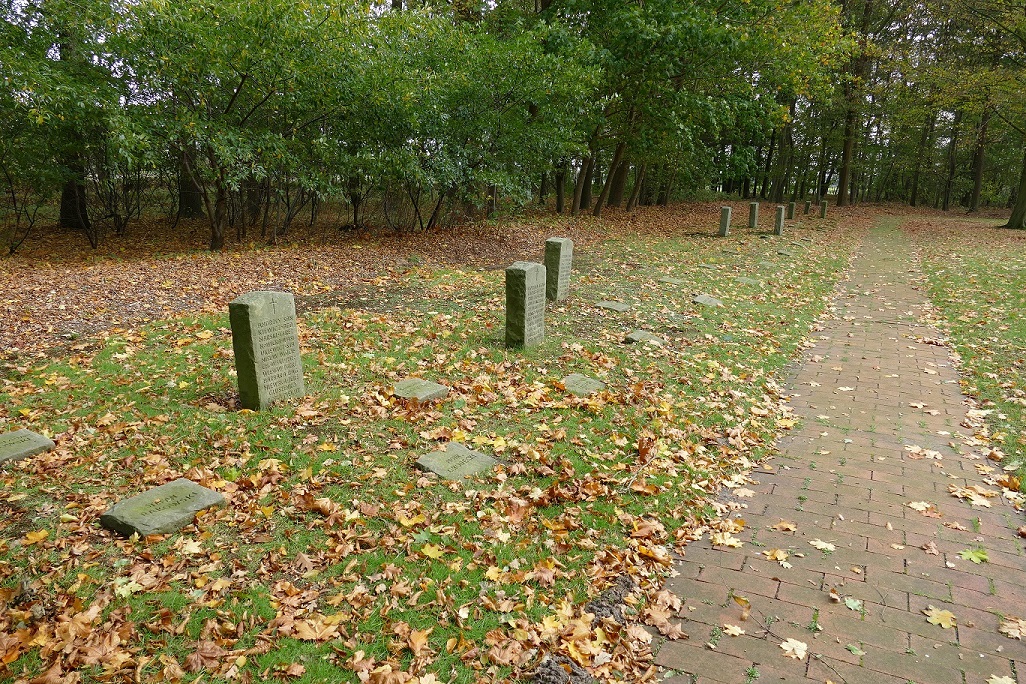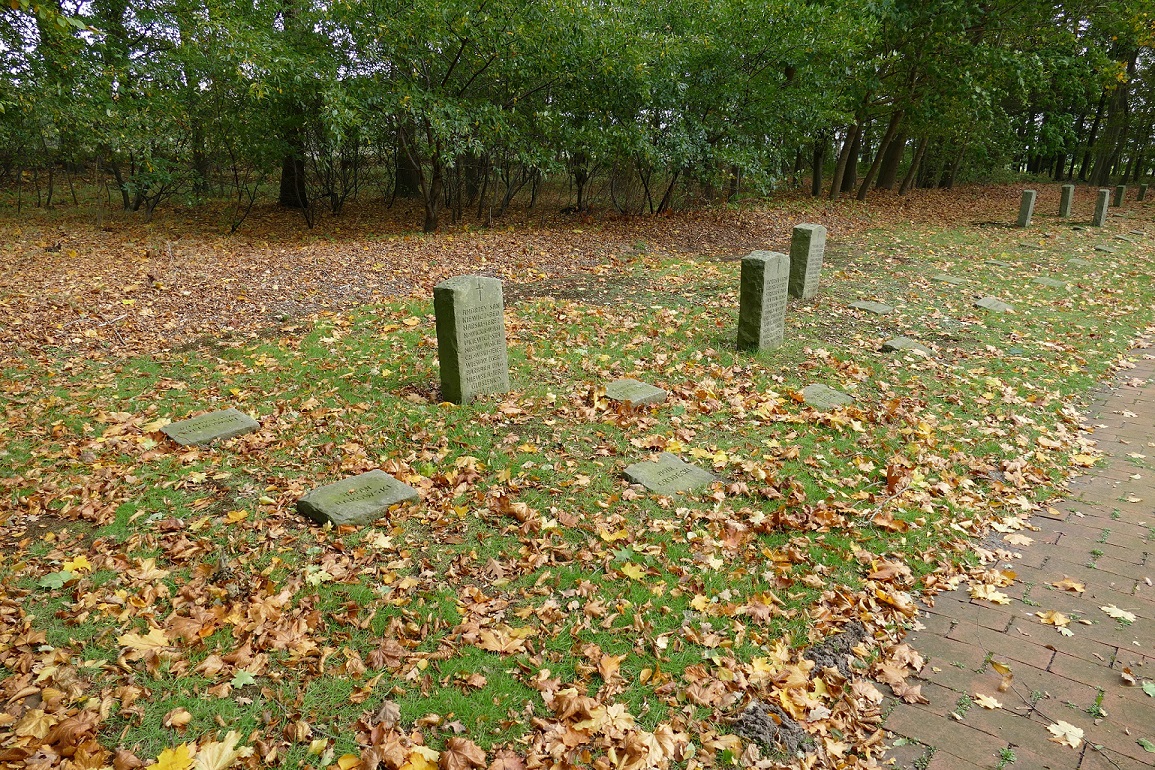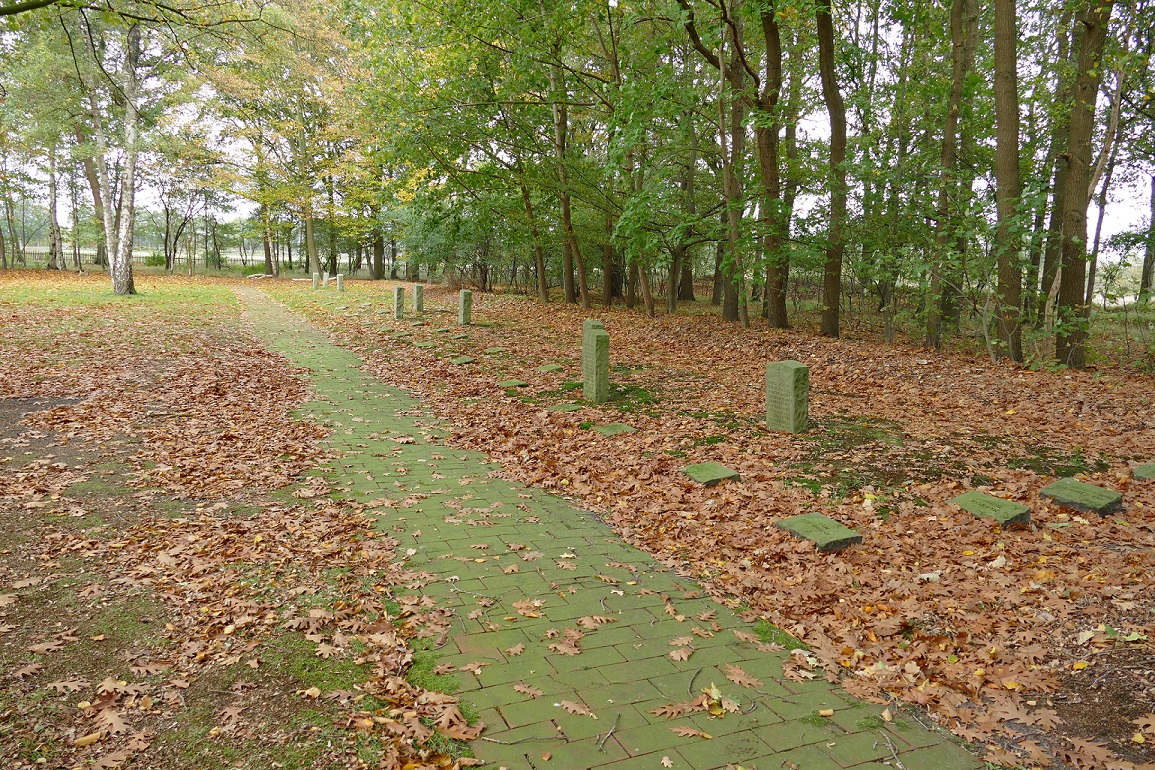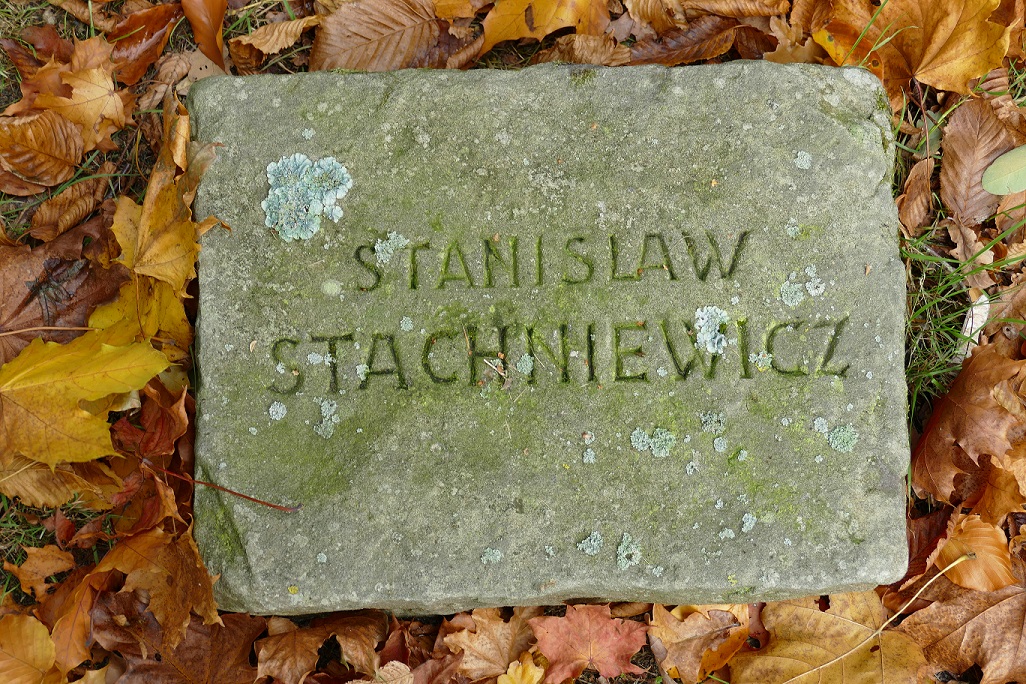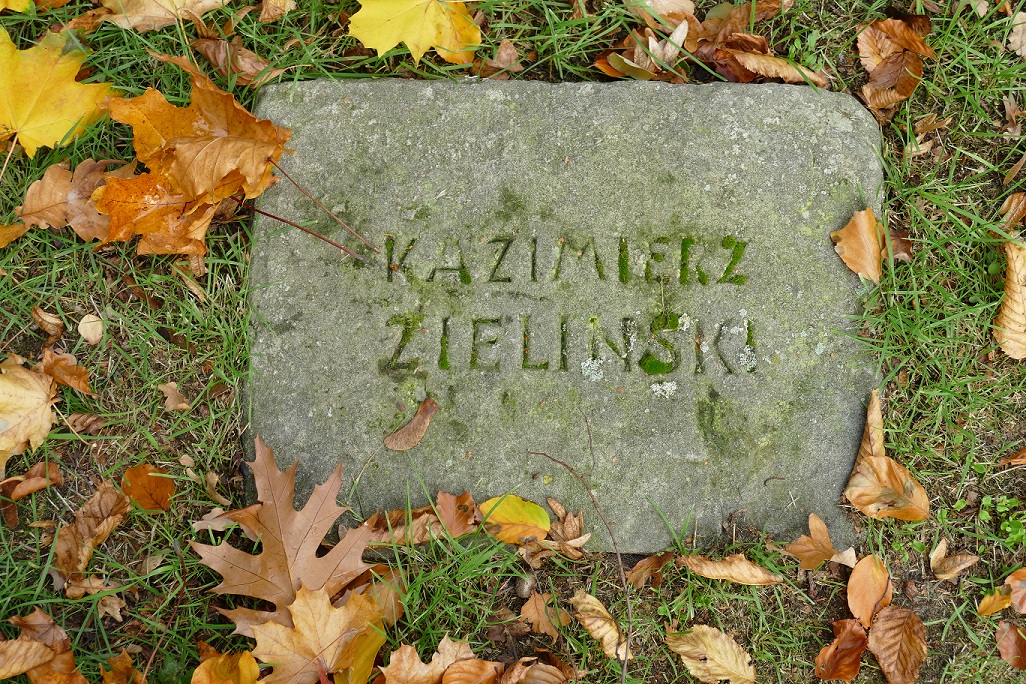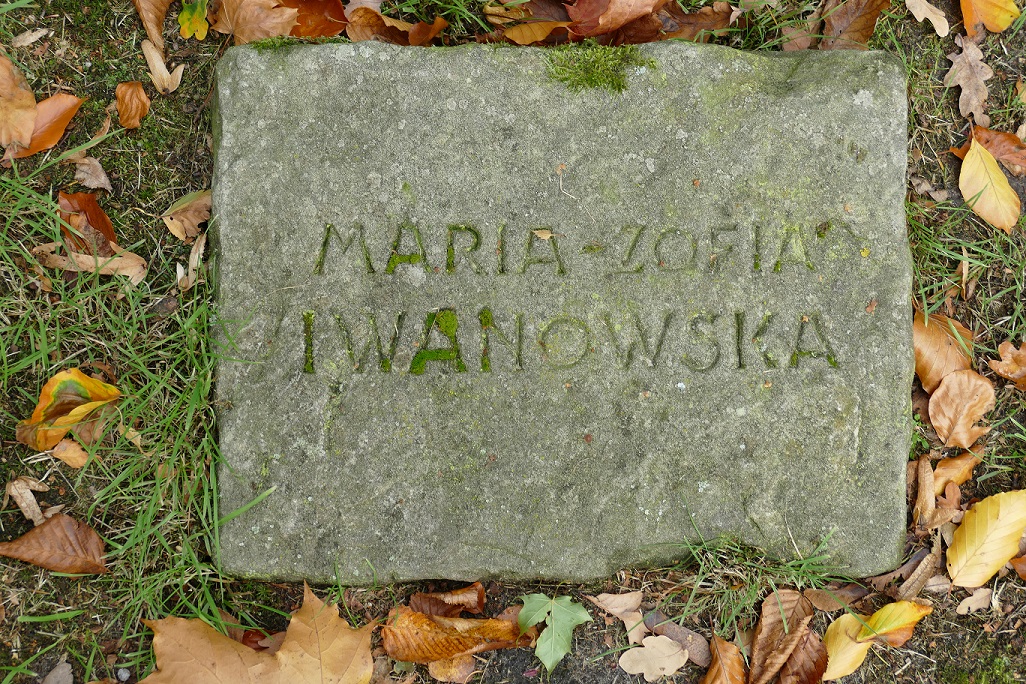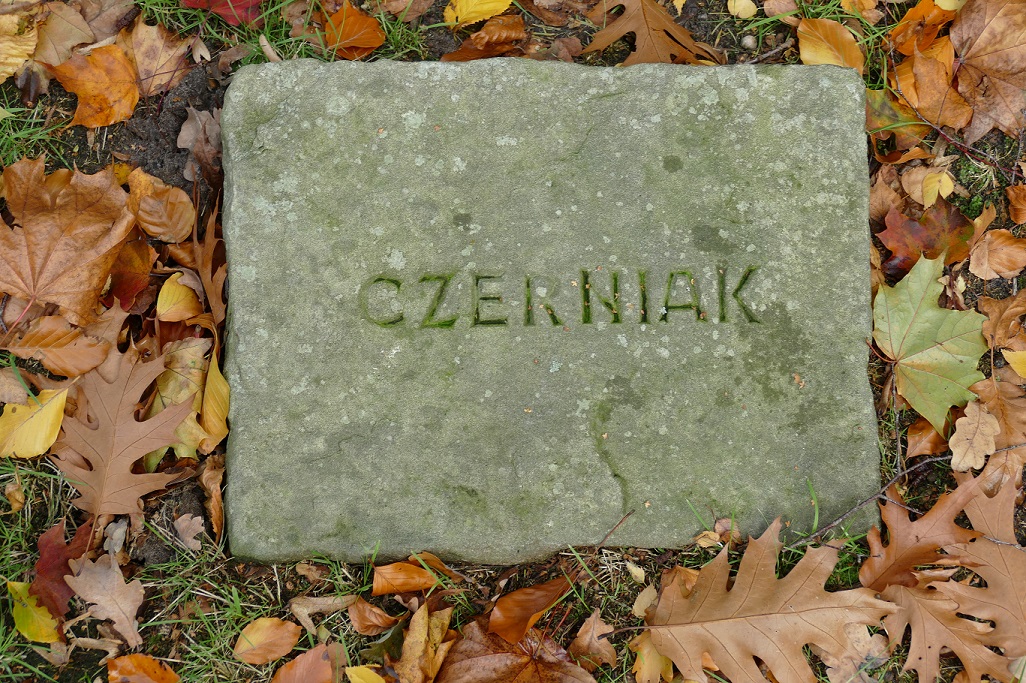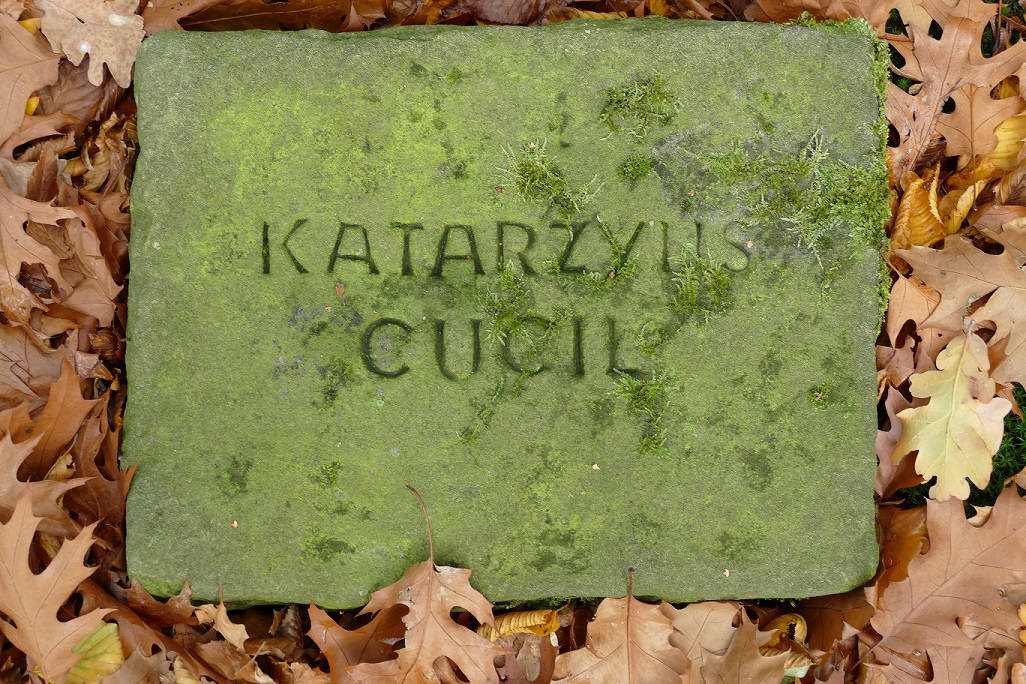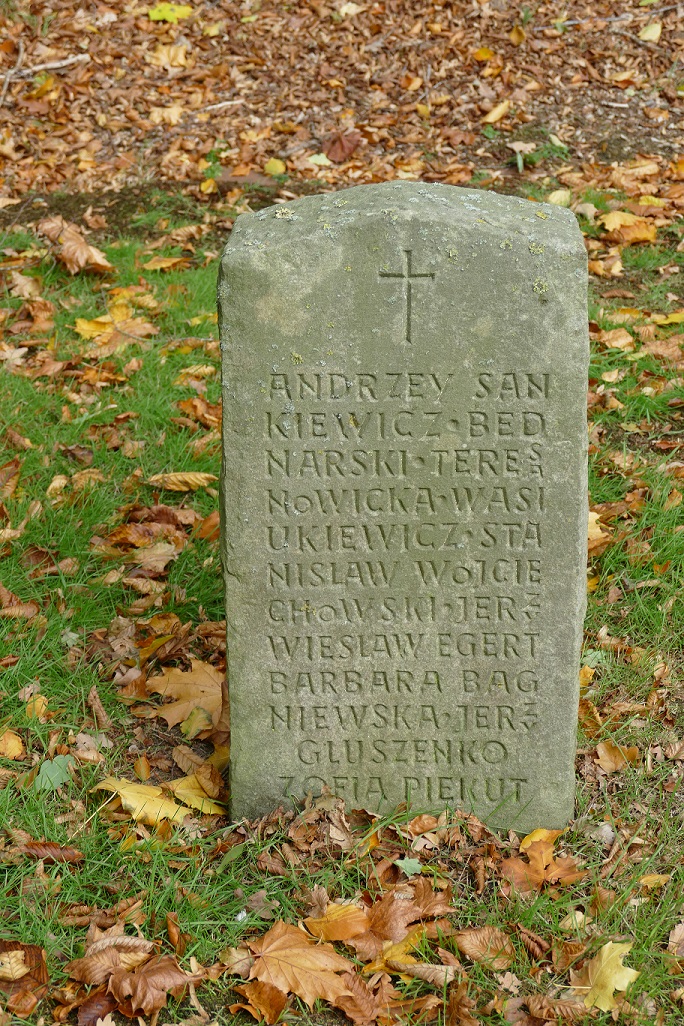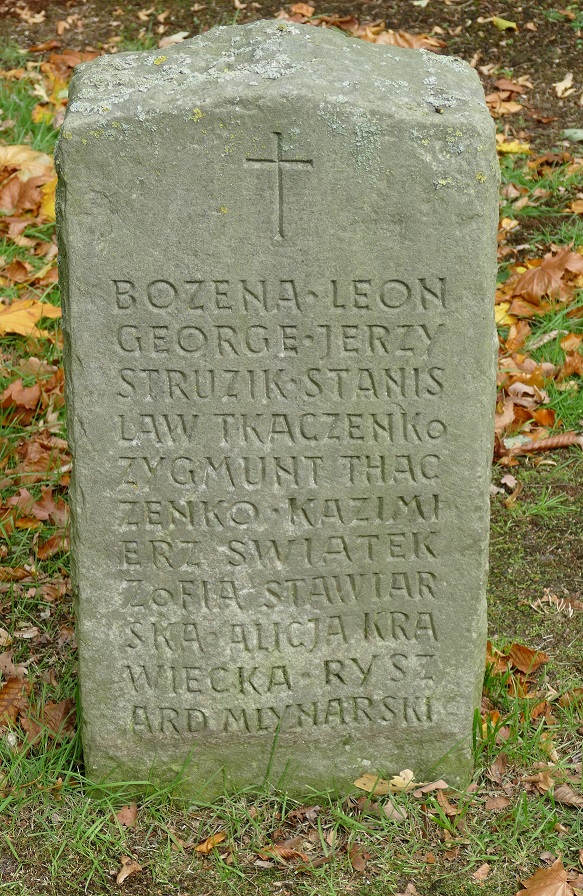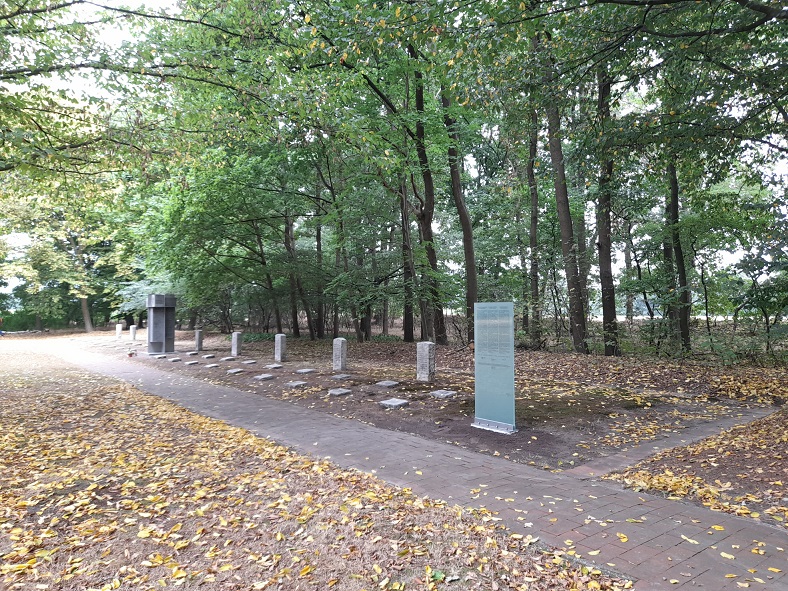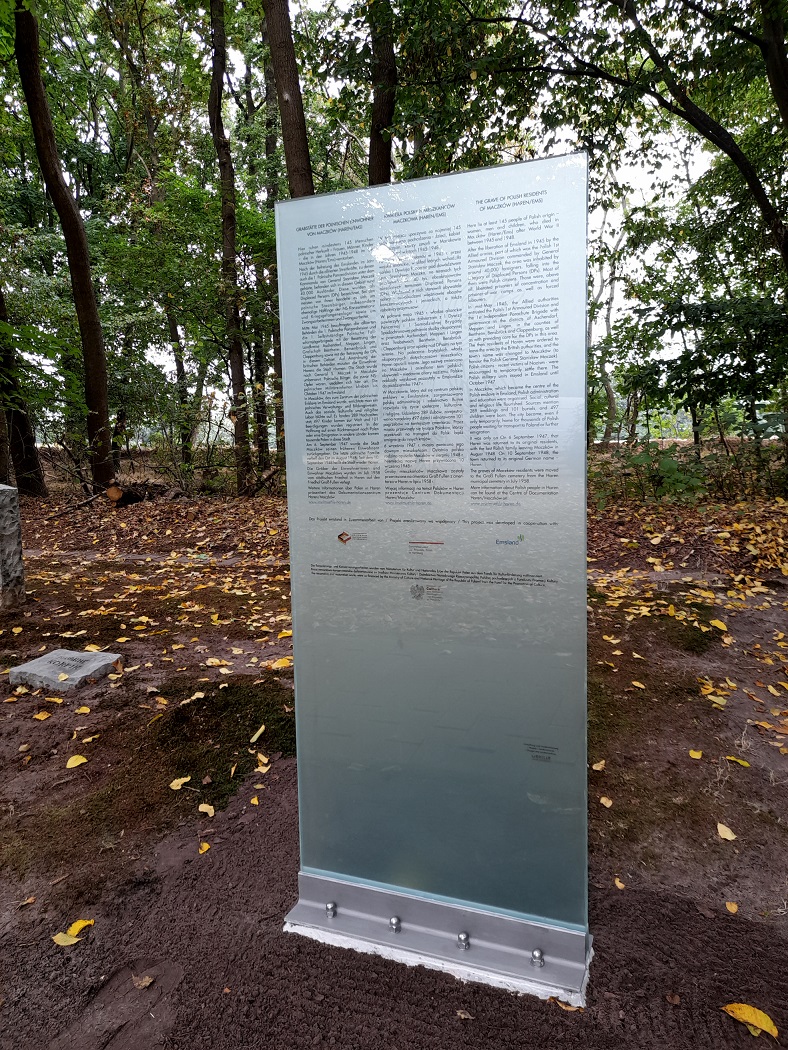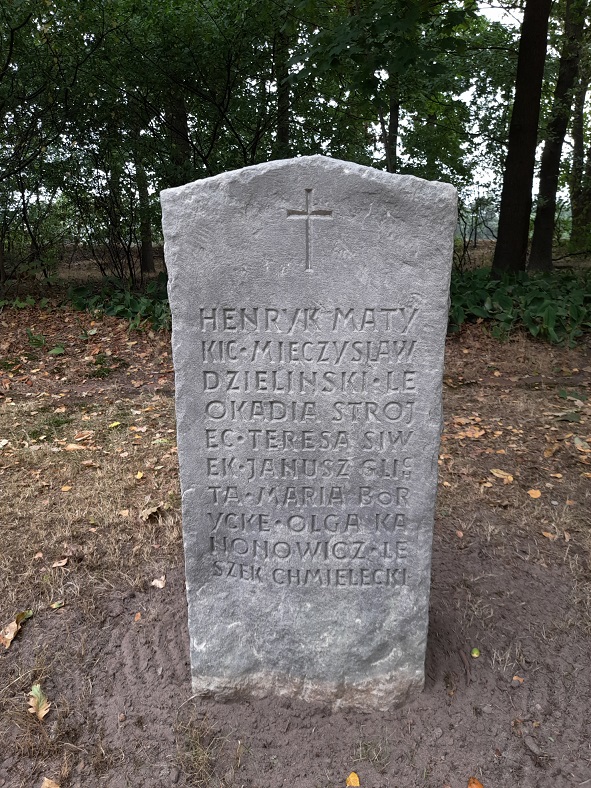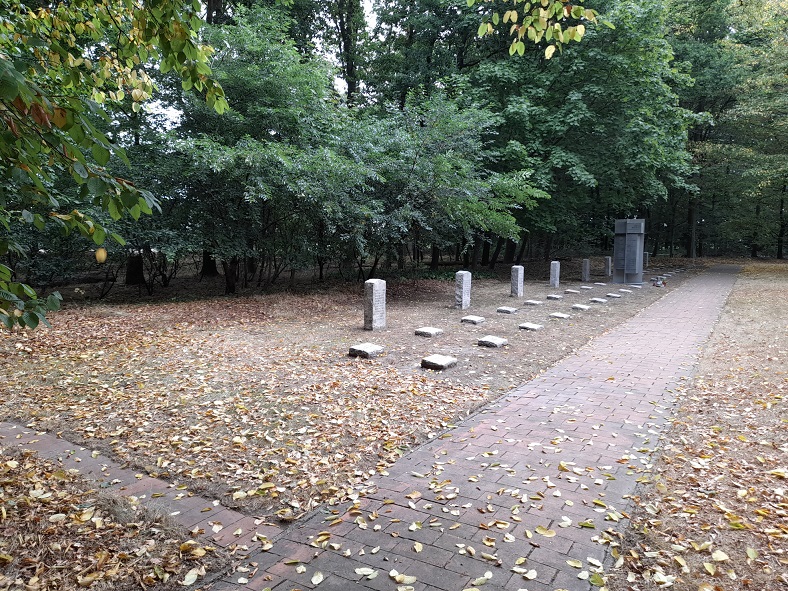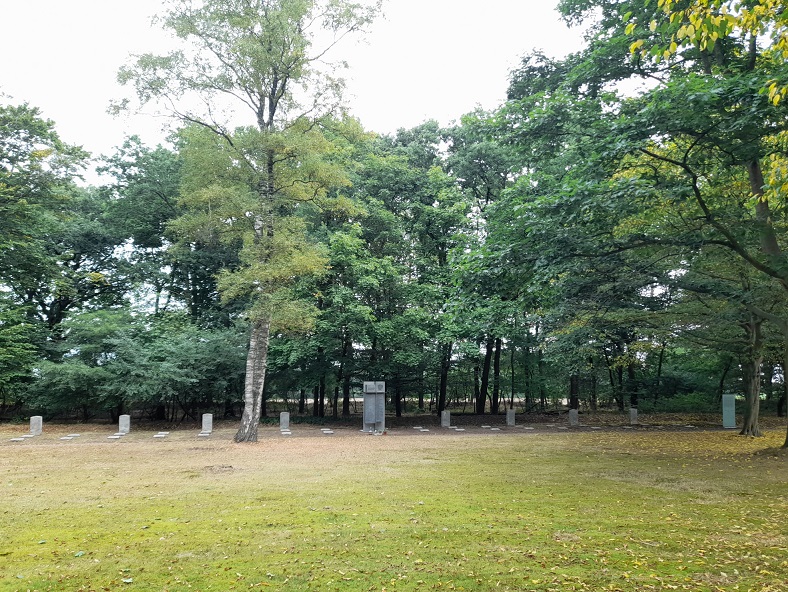The Groß Fullen war cemetery in the German district of Emsland contains a burial site for approximately 145 Polish victims who, in the post-war years (1945-1948), died in Germany in the town of Haren, called Maczków at that time.
In 1958, the graves of Polish residents of Maczków were moved here from the Haren cemetery. Apart from about 145 Polish citizens, more than 1,700 war victims (prisoners and prisoners of war) of different nationalities are buried here, citizens of the USSR, above all.
The Polish graves in the Groß Fullen cemetery are under the care of the local authorities and the Polish Consulate in Hamburg. The whole cemetery and the Polish graves are regularly cleaned up. However, the passing of time since the burial site was established has led to the situation in which certain elements of this memorial require restoration. In 2022, the Polish burial site was renovated, and a new form of memorial was installed with an updated list of those buried here. Additionally, an information board about the history of Maczków, a Polish enclave in Germany, was put up. This project was developed by the Foundation Polish-German Reconciliation. The renovation and restoration works were co-financed by the Ministry of Culture and National Heritage of the Republic of Poland from the Fund for the Promotion of Culture.
A short history of Maczków.
The Polish 1st Armoured Division under the command of General Stanisław Maczek and, partly, the 1st Independent Parachute Brigade under the command of General Stanisław Sosabowski took part in the liberation of the north-western part of Germany (Emsland). After the war, the area found itself in the British occupation zone and was administered by Poles for some time. Hence the term ‘Polish occupation zone in Germany’, which is frequently used nowadays. After World War II, about 40,000 foreign citizens, so-called ‘displaced persons’, most of whom came from Poland, lived in the area of Emsland. The majority were liberated prisoners of concentration and prisoner-of-war camps, forced labourers, and demobilised soldiers of the Polish armed forces (e.g. participants of the Warsaw Uprising, among others more than 1,700 young women liberated from Stalag VIC in Oberlangen). The concentration, in one place, of thousands of people who were frequently in ill health and who had their material needs to cater for posed numerous problems to the authorities. One of them was accommodation. In order to ensure a large area in Emsland where the DPs (displaced persons) could be accommodated, the German inhabitants were displaced so that the DPs could take over their houses.
Just after the war, the town of Haren on the Ems river became the centre of Polish life. The town’s name was first changed into Lwów, and then to Maczków. Administration and education had to be organised, and social and cultural life flourished. The town became, even if only temporarily, home for thousands of Polish people. They shared their joy at having been liberated but also struggled against a hard post-war reality. Together, they spent time discussing what decisions to make about their future. In June 1945, approximately 5,000 Polish citizens inhabited Maczków, the vast majority of whom were young people who, after years spent in prisons, forced labour and war-time displacement, wanted to start a normal life. Some of them got married and soon children were born. Between the years 1945 and 1948, 289 weddings were registered, and 497 children were born. Many residents of Maczków, however, as a result of their war experiences, former imprisonment in prison or concentration camps, malnutrition, or disease, did not live to return to their homelands or to emigrate elsewhere. After their death, they found their final resting place in this cemetery. Between December 1945 and February 1948, 101 funerals took place in Maczków.
The last Poles left Maczków in mid-1948. When the German residents of Haren took the city back from the Poles, for a long time they could not forget this chapter of their history. The fact that the Poles had not only lived in their town but actually occupied it aroused negative feelings in them. Therefore, all the traces of Polish presence in the town began to be obliterated. All the Polish information boards were removed, the street names returned to their original form, all the notices were painted over. No memorial plaque was there to inform people about the Polish episode of the town’s history.
It was only in the early 1990s that the German negative attitude to Polish citizens began to change slowly. The first groups of Polish temporary residents began to visit this town on the Ems river. Initially, the relationships between the two nations were difficult but, with time, this obstacle was overcome. Nowadays, residents of Haren generally understand that Polish people, victims of war, ended up in Emsland not of their own accord but because they were forced to do so by historical circumstances. One can get an impression now that the history of Maczków has become part of the post-war history of Haren.
The information above is based, among other sources, on: www.porta-polonica.de/pl/atlas-miejsc-pami%C4%99ci/maczkow-polska-enklawa-w-polnocnych-niemczech.
